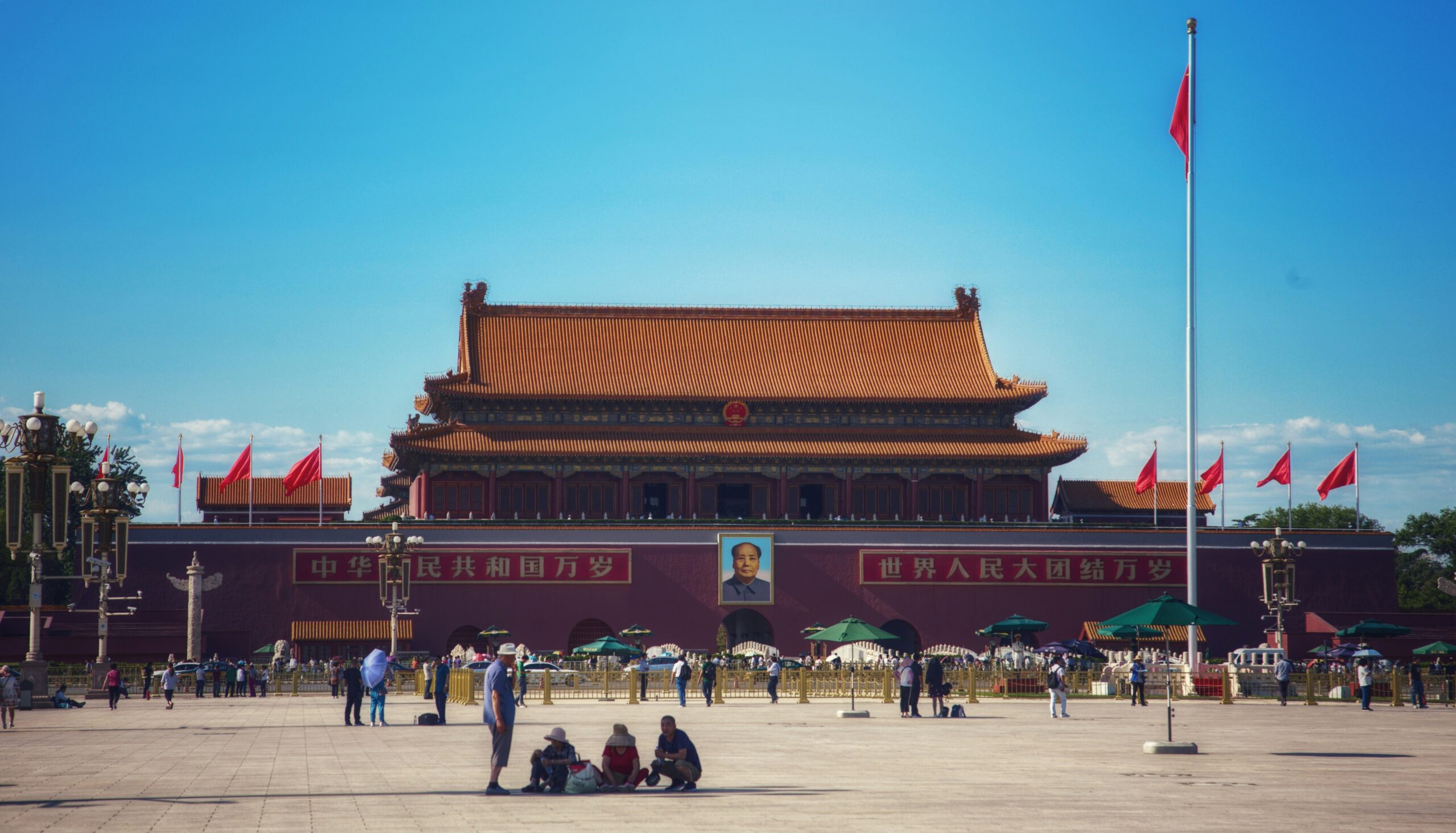The EU’s future as a hub for semiconductor production could be at risk unless urgent action is taken to curb soaring energy prices, Ireland’s Taoiseach Micheál Martin warned the European Commission. In a March letter to Commission President Ursula von der Leyen, Mr. Martin called for interim EU measures to ease the “very high” electricity costs facing chipmakers such as Intel, arguing that otherwise companies may shift investment to lower-cost regions.
Semiconductors require vast, stable electricity supplies for production, and Irish-based producers, including Intel, face significantly higher energy bills than competitors in Asia or North America. These costs have grown as Europe transitions toward greener energy sources, leading to short-term price increases despite broad support for climate targets. Mr. Martin warned this could cause chipmakers to pause expansion or move plants elsewhere, threatening Ireland’s industrial base and the EU’s technological ambitions.
The call comes amid a global contest to secure chipmaking capacity. The United States and China have poured billions into subsidies, recognising that semiconductors underpin everything from defence systems to artificial intelligence. Europe has its own ambition: the EU Chips Act aims to double the continent’s share of global chip production by 2030.
In June, Ms. von der Leyen replied that Europe’s semiconductor goals depend on addressing energy challenges. She cited new EU legislation to help energy-intensive industries transition to cleaner sources while staying competitive. Along with lower costs, the Commission aims to foster innovation, cut red tape, and streamline investment approvals, giving European firms a fairer global position.
For Dublin, this dialogue is part of a broader effort to attract further chipmakers, potentially giants like Nvidia, to build next-generation fabrication plants. Government officials see interim cost relief as essential if Ireland is to win such investment and retain existing players.
Conclusions
The correspondence underscores a delicate balancing act: decarbonising Europe’s power grid while keeping high-tech manufacturing viable. If progress stalls, Europe risks ceding ground to regions where energy is cheaper and subsidies are larger. For now, negotiations continue between Dublin and Brussels on how to cushion chipmakers until renewable energy becomes more affordable and abundant.

